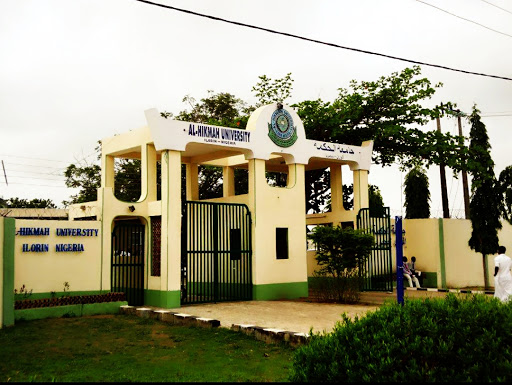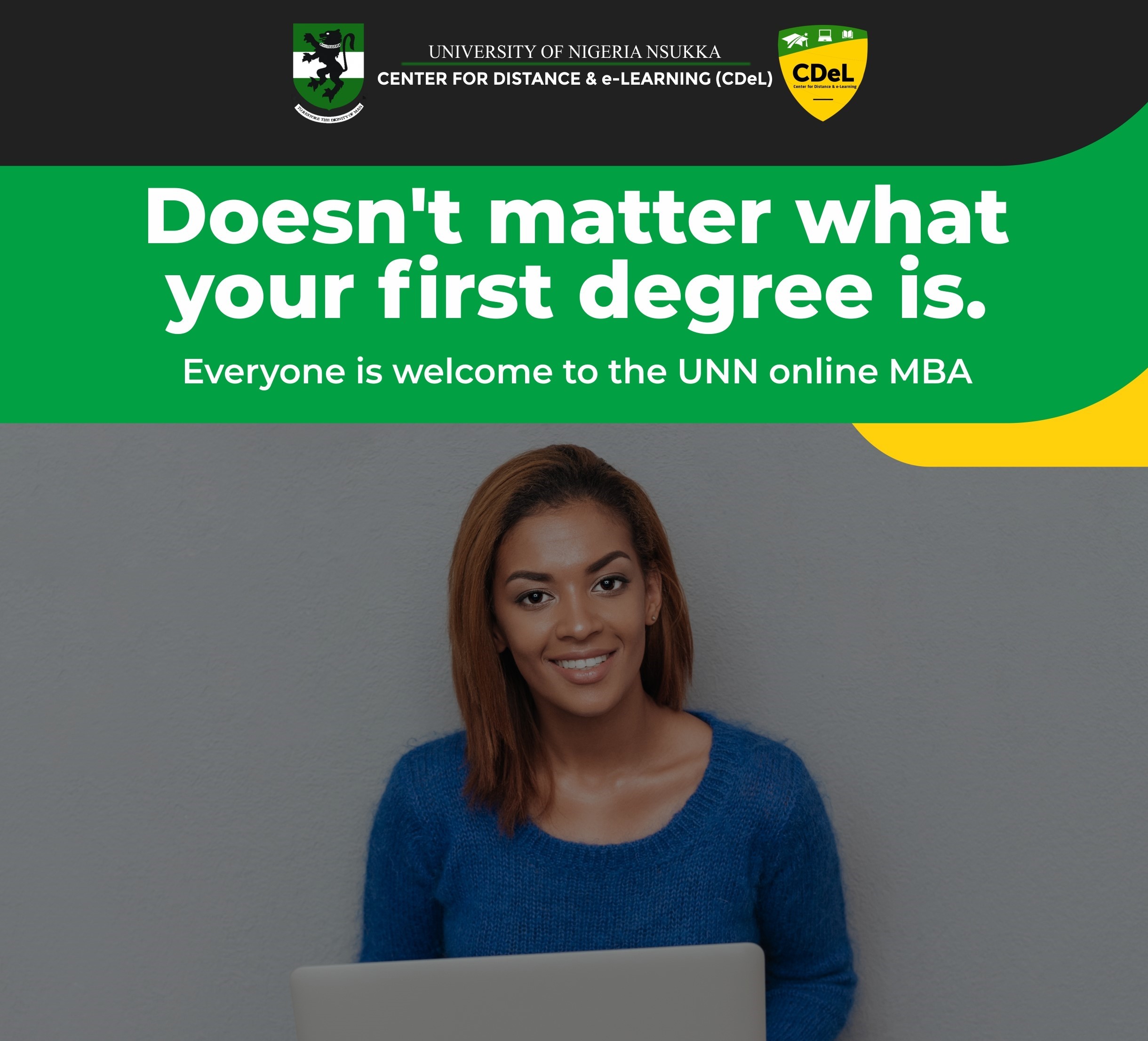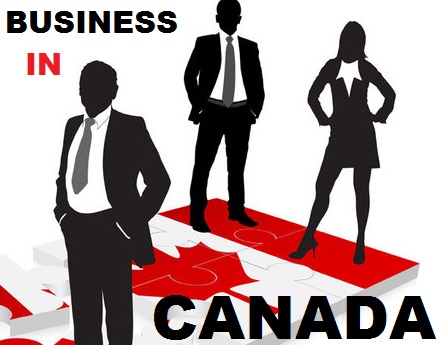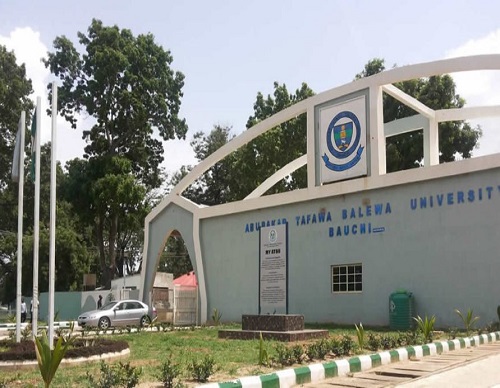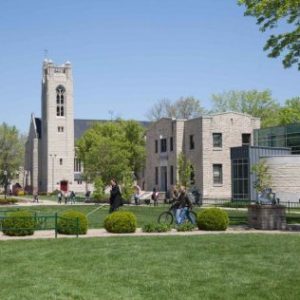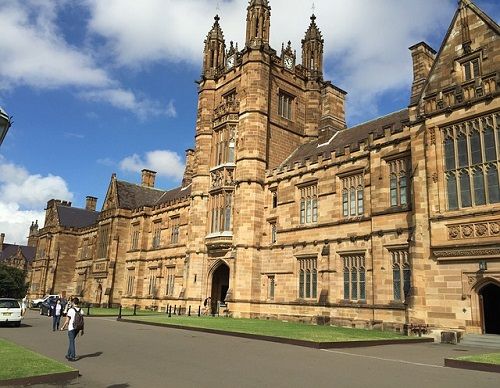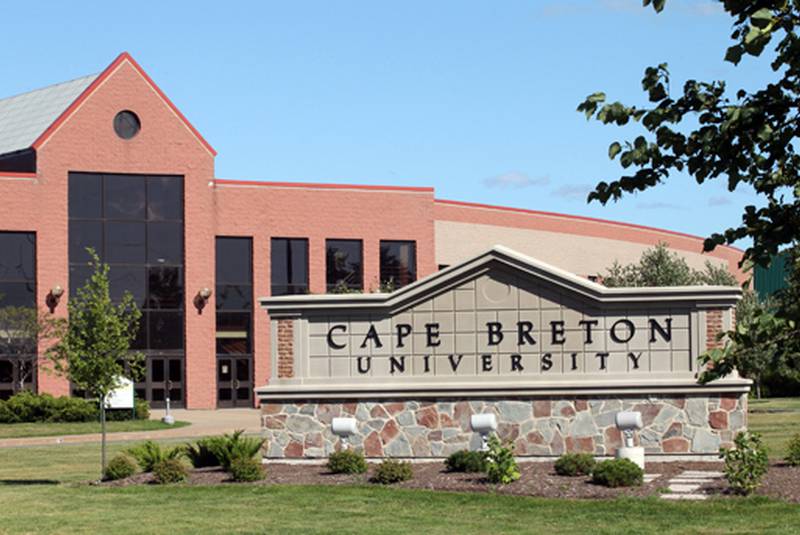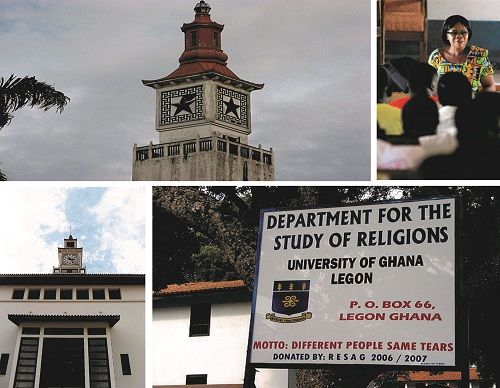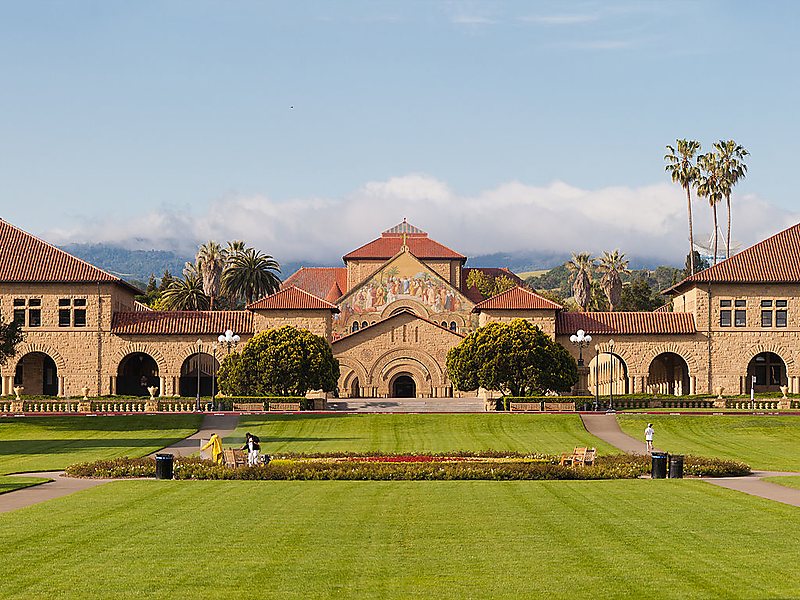A U.S. Student visa (Fi Visa) denial when you are not expecting it causes a great disappointment and sometimes embarrassment for Nigerian students, after lots of spent money and time.
Student Visas, as the name implies are visas issued to applicants with a primary purpose of educational pursuit in the country. These could vary in terms of the required documents to the different acceptable proof of funds to what the visas permit allows you apart from studying.
Studying in the USA has a great impact on your career success, so you should benefit from this huge opportunity that awaits you as much as you can. See How Valuable Is College Degree In The United States?
However, the F1 Visa Denial rate has increased. This is why there’s a decrease in total F1 Visa applicants in Nigeria.
What does an F1 Visa denial mean? And what can Nigerian applicants obtaining scholarships do to prepare for a visa reapplication or avoid being denied visas in the first place?
Key Points To Observe
- F1 Visa denials are among the common form of U.S. visa denials.
- F1 Visa denial is not fatal but you can avoid or overcome it.
- Attending the Visa interview with correct forms of evidence can earn you a visa.
How To Apply For The Right US. Student Visa
There are two categories of student visa for people who want to study in the USA:
- The F-1 student visa is for ‘academic’ studies
- The M visa is for ‘non-academic or vocational’ studies
 Do all you can to apply for your visa three months before your planned travel to the U.S. It will give you enough time to manage challenges; in case there are delays at the embassy or you need to make an appeal if your visa is denied.
Do all you can to apply for your visa three months before your planned travel to the U.S. It will give you enough time to manage challenges; in case there are delays at the embassy or you need to make an appeal if your visa is denied.
Find out more about the documents requirements and the conditions you have to meet for the U.S. student visa application. Including Social Media Accounts required for US Immigration Application.
First of all, when you apply for a student visa you must prove your eligibility for the course of study. If you’re attending a university or college, you must prove that you have been accepted.
A letter of acceptance is mainly the best way to show your acceptance. You have to prove you have financial support to cover your study and that your stay will be temporary because a Study permit is a non-immigrant visa.
Why Does The US. Student Visa Get Rejected?
Interestingly, you will see 6 important reasons Nigerians are denied student visa:
1. If you intend to remain in the U.S. after you graduate.
This is the most important aspect visa officers target during a visa interview and the reason most Nigerian students are denied an F1 visa. Keep it as simple as possible that you only plan to study in the States and that you will go back to your country after you graduate.
2. Lack of financial ability to support yourself.
You have to demonstrate that you have enough financial ability to sponsor your study in the US. You have the chance to show your willingness to take a job to fund your studies, but you could be denied if you don’t have education support. Find interesting clues from how to Understand The U.S. Work And Study Visa Types.
3. Poor knowledge of English.
Poor GRE and TOEFL scores and lack of fluency in communication during the interview can lead to an F1 visa denial.
Remember you want to study in a country whose language of communication and teaching is English. So, besides having stellar academic grades, you must possess the required score of English proficiency, else, the visa officer will be quick to deny your F1 visa on the grounds of communication inadequacy.
4. Your Course of study not related to past experience.
This means choosing a program that clearly connects to your past experiences or future goals.
For instance, you have been involved in the medical field and interned at a doctor’s office in Nigeria, but apply to study Graphic design program in the US. Your study visa could be denied because the program doesn’t fit the education path you have already started.
However, if you are can clearly explain in your personal statement that you plan on working in the graphic design section for a hospital or a related branch of the medical field, your visa may be allowed.
5. If your University or Degree looks suspicious.
Where the visa officer discovers that the university you applied to is not accredited or is in doubt of the credibility of your chosen course or degree, your student visa application may be rejected.
Your school must be approved. Ensure you find out if your school is approved by the Student and Exchange Visitors Program, Immigration and Customs Enforcement.
6. You put up a poor Presentation.
The presentation is all. It is important you show up for the visa interview in proper attire and exhibit a commendable body language.
Fidgety individuals who are not decently dressed for the interview can make the visa officer suspicious and decided to deny. So, be positive for your visa interview and turn up in proper western business attire. Increase your confidence by getting somebody to do a mock interview for you or try to shadow practice the interview in front of a mirror.
 The official will approve or reject your visa depending on whether you provided the correct information or fake information.
The official will approve or reject your visa depending on whether you provided the correct information or fake information.
Your visa could be denied if the official is suspicious. Your body language should show that you are telling the truth and you are a worthy student. After all, the US. government is going to benefit economically by giving you a visa.
Keep in mind these common visa interview questions:
- How many universities did you apply to?
- To which universities did you get admitted?
- Why do you want to study in the USA?
- Can you tell me some details about your chosen university?
- What is your GPA percentage?
- Have you been to the U.S. before?
- What are your plans after graduation?
- Did you receive any scholarships?
- Who will finance your studies?
- Do you have any relatives in the USA?
RECOMMENDED: Top Interview Attire Does and Don’ts For Your Next Interview…
What Can I Do If I am Denied Visa?
The fact of the matter remains, applications will inevitably get denied because not everyone will do everything right on their applications. But if your application is refused, you don’t have to give up. You still have options!
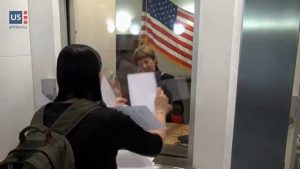 First, you can simply contest the visa denial, This means you’re appealing the refusal
First, you can simply contest the visa denial, This means you’re appealing the refusal
Usually, the immigration officer will give you a refusal letter that outlines the reasons for refusal and give details on the case.
Carefully study the refusal letter to understand the areas that the immigration officer found questionable. Then, review your application thoroughly in order to make changes and improvements. In most cases, you just have to reapply.
The next thing to do is to re-apply after correcting any present errors in your initial application. Visa denial typically comes with notes from the case manager. It’s wise to review the notes to find areas that need improvement for your next application.
Before you reapply, take some time to discover issues that cause red flags for an immigration officer. For instance, let’s say you planned on taking a spouse or children with you on your study permit.
Here, the immigration officer could think you don’t have sufficient ties to your home country. Therefore, when re-applying prove that you have extended family in Nigeria and strong reasons to return home at the end of your program.
Last but not least, you can try applying for a different program. To see how you can, visit https://visa.graduateshotline.com/f1-visa-rejected-next-steps.html
The above reasons may be responsible for the denial of the US. student visa interview. I hope this information helps you to better do justice to the subject matter.

